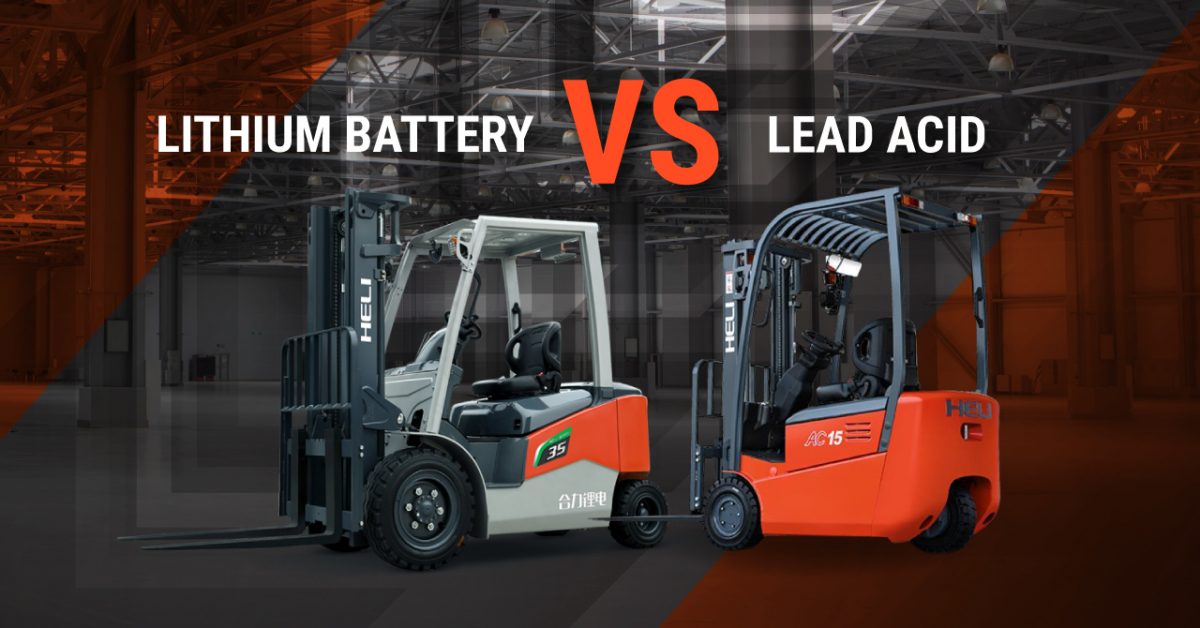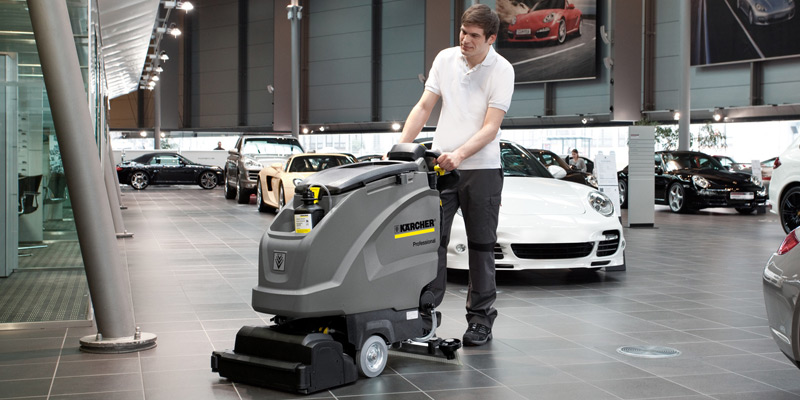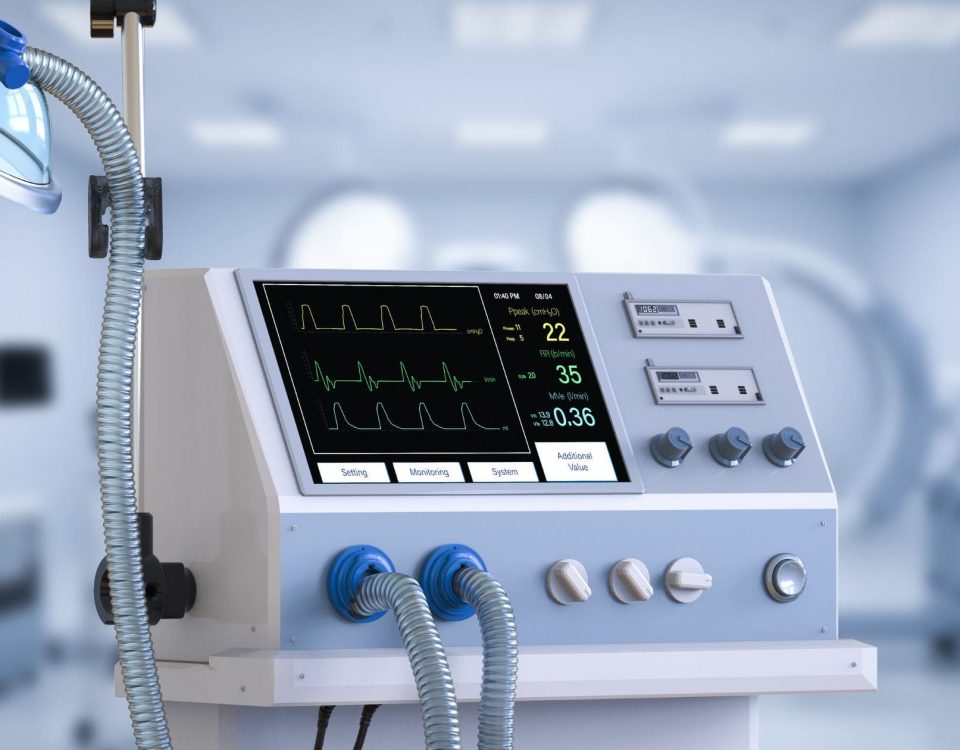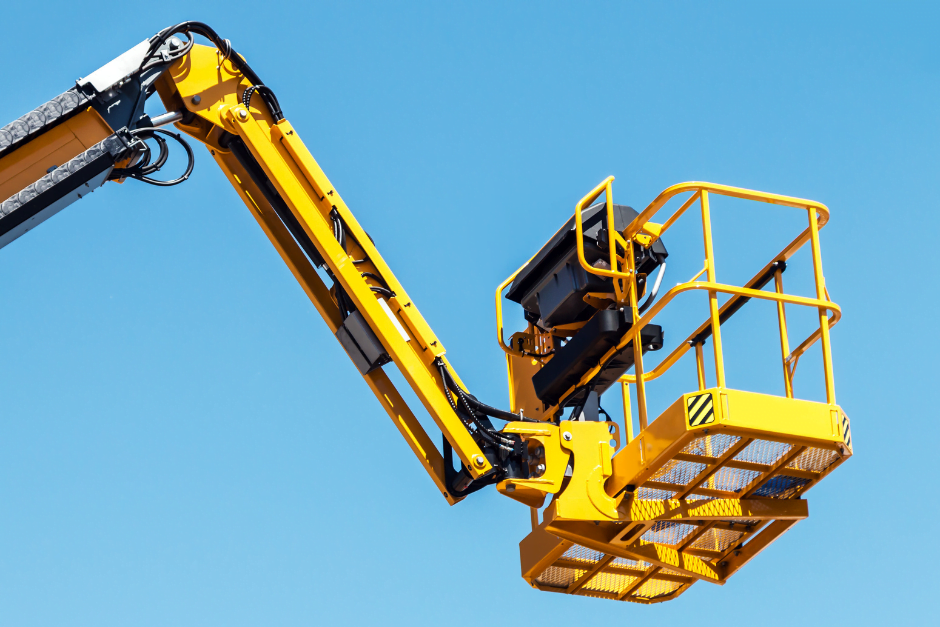Forklifts are a critical part of many industries, from warehousing and manufacturing to distribution and retail. A key component of their performance and efficiency is the type of battery powering them. With technology evolving, businesses are often faced with choosing between traditional lead-acid batteries and modern lithium-ion alternatives. Each option has its advantages and limitations, but which is the best choice for your forklift fleet? In this article, we’ll take a close look at both battery types, analyzing their cost, performance, and ideal use cases to help you make an informed decision.
Introduction: Lithium vs. Lead-Acid Batteries for Forklifts
The two most common types of batteries used in forklifts are lead-acid and lithium-ion. Lead-acid batteries have been the industry standard for decades, while lithium-ion batteries represent a more recent advancement in battery technology. Although both types are widely used, their differences in cost, maintenance, performance, and longevity can significantly affect your operations and overall cost-effectiveness.
Lithium-ion batteries have garnered much attention in recent years due to their high efficiency and minimal maintenance. On the other hand, lead-acid batteries are well-known for their lower upfront costs but require regular upkeep. Choosing the right type depends on your specific operational needs, budget, and long-term goals.
Cost Analysis: Initial Investment vs. Long-Term Savings
One of the first considerations when choosing between lithium-ion and lead-acid batteries is cost.
-
Lead-Acid Batteries: These are generally more affordable upfront, which makes them an attractive option for businesses operating on a tight budget. However, lead-acid batteries come with higher long-term costs due to frequent maintenance, shorter lifespan, and the need for multiple batteries to support continuous shifts.
-
Lithium-Ion Batteries: Lithium-ion batteries have a higher initial investment compared to lead-acid, but they tend to offer significant savings in the long run. Their longer lifespan and reduced maintenance requirements lead to fewer replacements and lower operating costs. For companies with multiple shifts and heavy forklift usage, the cost benefits of lithium-ion batteries become evident over time.
The Hidden Costs of Lead-Acid Batteries
While lead-acid batteries may seem like the budget-friendly choice, they carry hidden costs that can add up. Lead-acid batteries require daily maintenance, including water refills and periodic equalization charges. Additionally, they have a shorter lifespan and may need to be replaced every 2-3 years, depending on usage.
The Long-Term Value of Lithium-Ion
Lithium-ion batteries, in contrast, are virtually maintenance-free. They don't require water, have a longer operational life (often 5-7 years or more), and do not suffer from memory effects that reduce their efficiency over time. For companies focused on minimizing operational downtime and reducing battery replacement frequency, lithium-ion batteries present a compelling option for long-term savings.
Performance Metrics: Runtime, Charging Time, and Maintenance Requirements
Performance is a crucial factor in determining which battery is the best choice for your forklift fleet. Both battery types have distinct characteristics in terms of runtime, charging, and maintenance.
Runtime
-
Lead-Acid Batteries: Lead-acid batteries generally last 6-8 hours per charge, depending on the forklift's workload. However, as the battery discharges, its performance tends to decline, leading to reduced power output toward the end of its charge cycle.
-
Lithium-Ion Batteries: Lithium-ion batteries offer consistent performance throughout their charge cycle. They typically provide a similar or slightly longer runtime than lead-acid batteries, with the added benefit of not losing power as they deplete. This is particularly useful in environments that require constant, reliable power output.
Charging Time
-
Lead-Acid Batteries: Lead-acid batteries require 8 hours to charge fully, followed by a cooling period of 8 hours. This long charging and cooling process can lead to operational downtime or the need for additional batteries to ensure continuous operation across shifts.
-
Lithium-Ion Batteries: One of the biggest advantages of lithium-ion batteries is their fast charging time. They can be charged in as little as 1-2 hours and don't require a cooling period. Furthermore, they support opportunity charging, allowing workers to charge the battery during short breaks without affecting its lifespan. This makes lithium-ion batteries ideal for multi-shift operations where downtime must be minimized.
Maintenance
-
Lead-Acid Batteries: Regular maintenance is required to keep lead-acid batteries in optimal condition. This includes checking water levels, cleaning terminals, and performing equalization charges. Neglecting these tasks can lead to reduced battery life and increased operational costs.
-
Lithium-Ion Batteries: Lithium-ion batteries are virtually maintenance-free. They don’t require watering, and there's no need for periodic equalization charges or terminal cleaning. This not only reduces labor costs but also minimizes the risk of human error leading to battery damage.
Use Cases: When One Battery Type Outperforms the Other
Depending on your operational needs, either lead-acid or lithium-ion batteries may be a better fit for your forklift fleet.
When Lead-Acid Batteries Are a Good Fit
- Low-Duty Operations: If your forklifts are only used occasionally or for light tasks, the lower upfront cost of lead-acid batteries might be worth considering. In these cases, the higher maintenance and shorter lifespan may be less of an issue.
- Single-Shift Environments: In facilities with single-shift operations, where forklifts don’t need to be used around the clock, lead-acid batteries could provide sufficient performance without requiring additional battery units for continuous usage.
When Lithium-Ion Batteries Excel
- High-Duty, Multi-Shift Operations: For businesses operating forklifts across multiple shifts, lithium-ion batteries shine. Their fast charging time, ability to support opportunity charging, and consistent power output make them ideal for demanding environments.
- Maintenance-Free Operations: If your goal is to reduce maintenance tasks and associated costs, lithium-ion batteries are the superior choice. They don’t require daily checks, and their extended lifespan makes them a more hands-off solution for busy operations.
Conclusion: Helping Businesses Make Informed Battery Choices
Choosing between lithium-ion and lead-acid forklift batteries is an important decision that can have long-lasting effects on operational efficiency and costs. Lead-acid batteries offer a lower upfront cost but come with higher maintenance and shorter lifespans. In contrast, lithium-ion batteries, while more expensive initially, provide significant long-term savings due to their extended life, reduced maintenance needs, and faster charging times.
For businesses with heavy-duty, multi-shift operations, lithium-ion batteries present a compelling case for improving productivity and lowering total cost of ownership. On the other hand, for smaller operations or those with light-duty needs, lead-acid batteries may still be a viable option.
About RICHYE
RICHYE is a professional lithium battery manufacturer known for producing high-quality batteries for a variety of industrial applications, including forklifts. With a strong focus on performance, safety, and reliability, RICHYE’s lithium batteries offer excellent value in terms of durability, power, and long-term cost savings. Trusted by businesses worldwide, RICHYE is committed to delivering top-tier energy solutions for modern industries.




